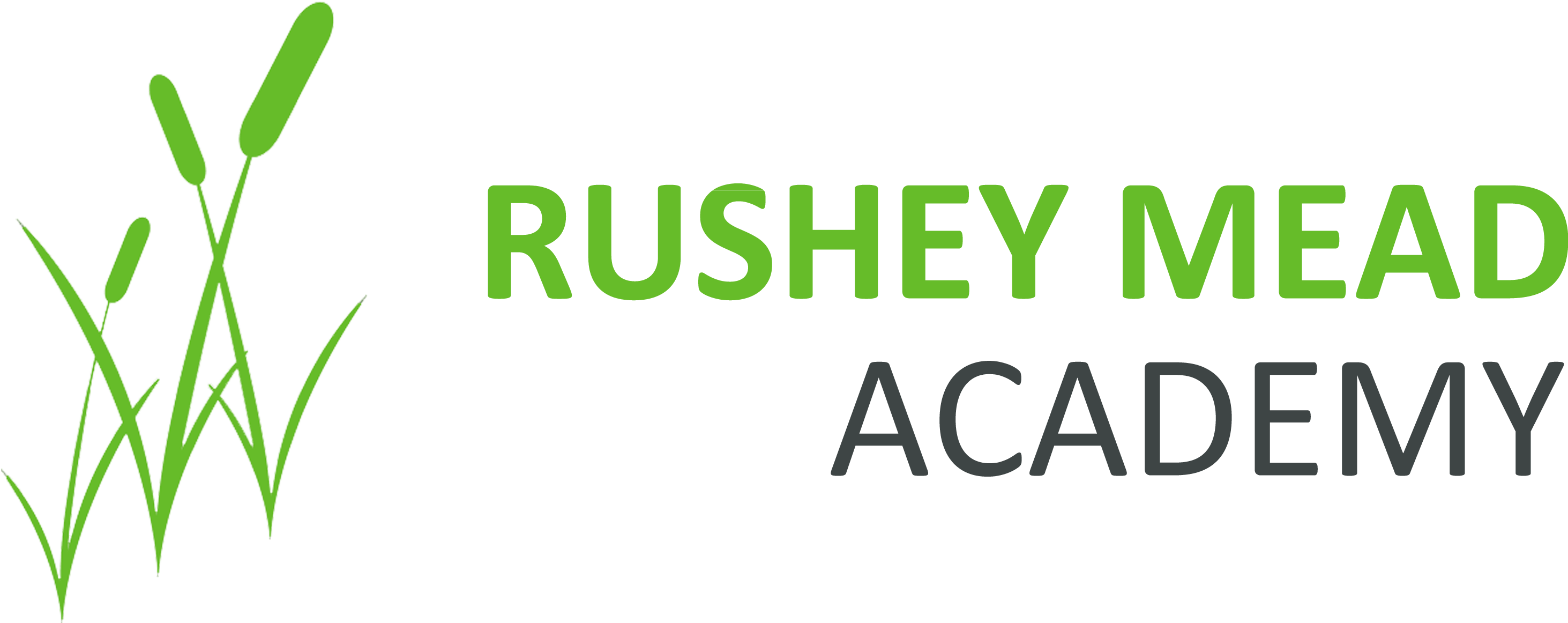Quotes
“Geography is a living, breathing subject, constantly adapting itself to change. It is dynamic and relevant. For me geography is a great adventure with a purpose.” – Michael Palin
“The study of geography is about more than just memorizing places on a map. It’s about understanding the complexity of our world, appreciating the diversity of cultures that exists across continents. And in the end, it’s about using all that knowledge to help bridge divides and bring people together.” – Barack Obama
Purpose
The Geography curriculum at Rushey Mead Academy aims to inspire students with a curiosity and fascination about the world and its people, enabling students to recognise the innumerable links between the human and natural world, and develop a good sense of their own role and responsibilities within that world. By using a thematic approach students develop a deepening understanding of the Earth’s key human and physical processes, whilst honing the skills that will enable them to access Geography GCSE at Key Stage 4.
The study of Geography is dynamic, and so is the Geography curriculum. Lessons and units can be subject to change, as current events and global trends are integrated into the curriculum wherever possible.
Faculty Staff
Mrs Clarke (Curriculum Leader) [email protected]
Mrs Wright (Second in Department) [email protected]
Mr Siddiq [email protected]
Miss N Blackburn [email protected]
Miss L Stephenson [email protected]
Mr N Henry [email protected]
